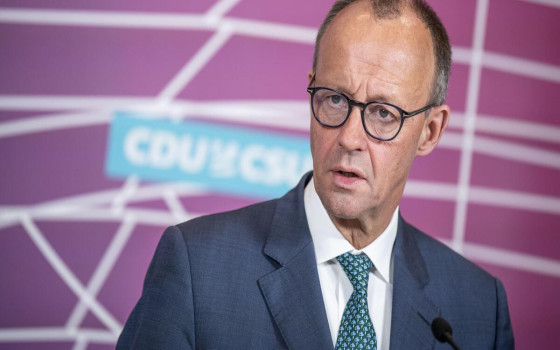
After the German elections .. Merz will not ally with the far right and seeks independence from the United States on security

- Europe and Arabs
- Monday , 24 February 2025 11:16 AM GMT
Brussels - Berlin: Europe and the Arabs
Various European circles were interested in the results of the elections that took place in Germany and were announced yesterday evening, and many media reports came out discussing the post-election phase. Playback magazine, the European version of Politico magazine, said that Friedrich Merz is the new German Chancellor - with conditions: The candidate of the Christian Democratic Party and the Christian Social Union alliance won the federal elections on Sunday, and lined up to become the most powerful conservative figure at the European Council table, which is already dominated by the center-right. It added that it is a great return for the former lawyer. After closing the door to front-line politics for nearly 20 years amid a dispute with former Chancellor Angela Merkel, Merz made his way to the top, just before his 70th birthday.
Surprises: In his first statements since winning the elections, Merz dropped several bombs - he criticized Elon Musk's "interference" in the German elections and said that he had been in contact with other leaders about "independence" from the United States regarding security. Merz added: "I never imagined that I would say that on a TV show." No deal with the AfD: Merz has once again ruled out any possibility of forming a coalition with the far-right Alternative for Germany (AfD), which made historic gains and came in second after receiving strong support from Musk and US Vice President JD Vance.
In a message on his Truth Social platform, Donald Trump congratulated “the conservative party in Germany” – but did not mention Merz by name and instead amplified himself.
A mixed bag: However, this is not the spectacular showing that Merz or Markus Söder, the head of the Christian Social Union, who ran with the CDU, had hoped for.
The battle ahead: After securing less than 30 percent of all votes, according to preliminary results, the winning duo now face tough coalition talks that could end up dashing hopes of a rapid transformation of Europe’s defense and security architecture under Merz. For months, EU diplomats and officials have pointed to February 23 as the date when the thorny defense discussions could be freed up. “Merz can’t come soon enough,” was the refrain in Brussels.
Hurry up and wait: Now that he’s been elected, those officials will have to hold their breath a little longer. Speaking on German television on Sunday, Merz said he aims to form a government by Easter, about two months from now. He also acknowledged that coalition talks will be tough — “but we knew that before the election,” he said.
Interim chaos: This raises the prospect of a chaotic transition period as Merz works out issues with Olaf Scholz’s Social Democrats and possibly other partners. One immediate question is whether Merz or Scholz will attend the special European Council announced by Council President Antonio Costa on Sunday, March 6 (more on that below).
Playing nice: There’s no immediate answer, but both men have pledged to work together constructively. “We will certainly find ways to talk to each other about the policies that Germany stands for internationally,” Scholz said. “We need to make sure that we are able to act on the international stage,” Merz added. The chancellor also expressed hope that he would be able to govern as part of a grand coalition with the Social Democrats, which posted their worst electoral performance in history.
Is Scholz out? The current chancellor has said he will not be the SPD’s negotiator in coalition talks, opening the way for party co-leader Lars Klingbeil or Defence Minister Boris Pistorius to take over.
Elsewhere, after a late-night drama over the vote count, the pro-Putin BSW party led by Sahra Wagenknecht narrowly missed the five-percent threshold to enter parliament (4.972 percent). That comes as a relief to Merz, who would otherwise have had to team up with the SPD and the Greens to form a three-party coalition, making it extremely difficult to push through his reform agenda (while leaving the parliamentary opposition entirely to the far-left and far-right parties). Merz can now form a coalition with the SPD alone.
Economic implications: There is hope for those who want Europe to start borrowing together to finance defense spending, writes Hans von der Borchard from Berlin. The tough outlook for transatlantic relations makes it increasingly likely that Merz will welcome European solutions such as bonds to finance more defense spending. That pushes Germany toward France and Poland, which have long advocated such solutions.


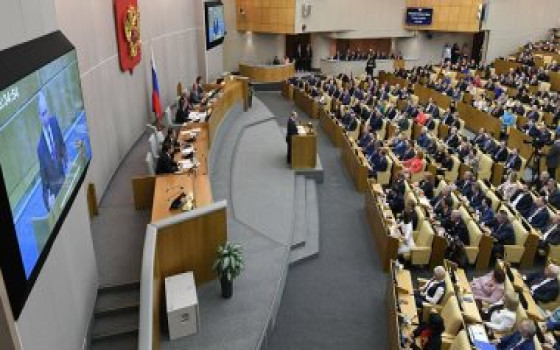
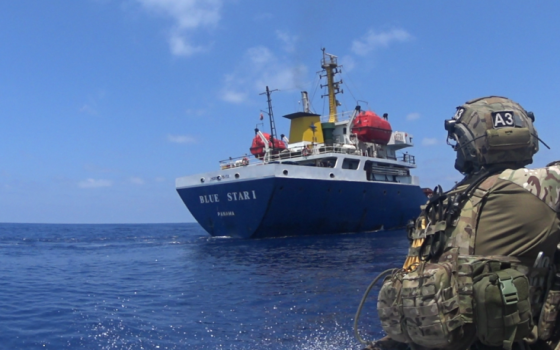
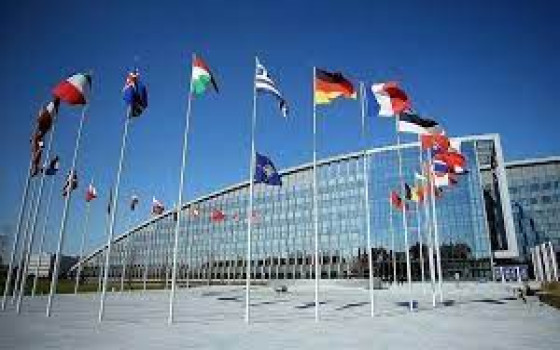
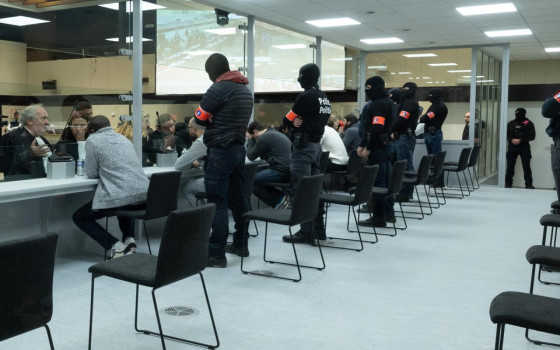
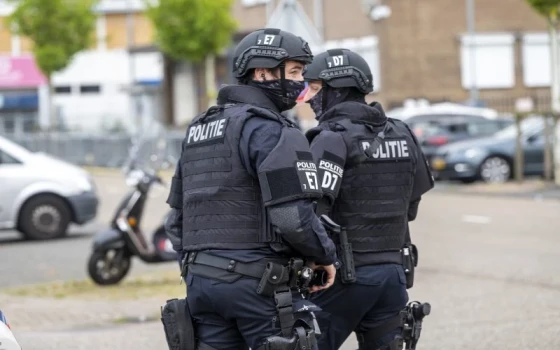
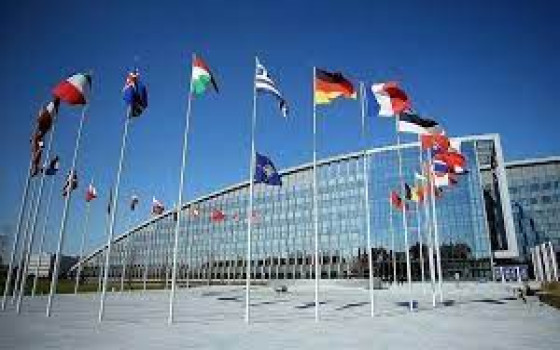

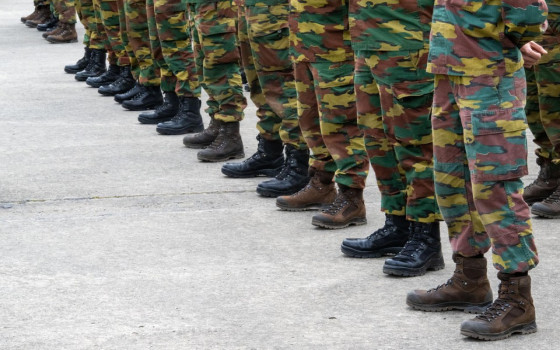

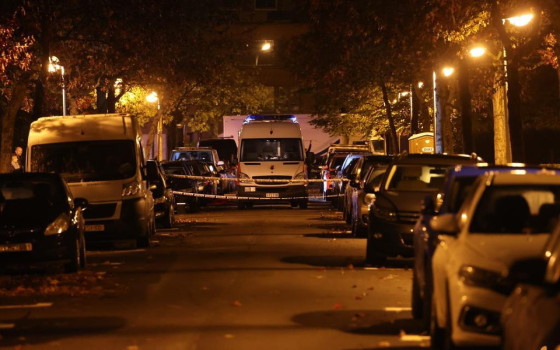
No Comments Found